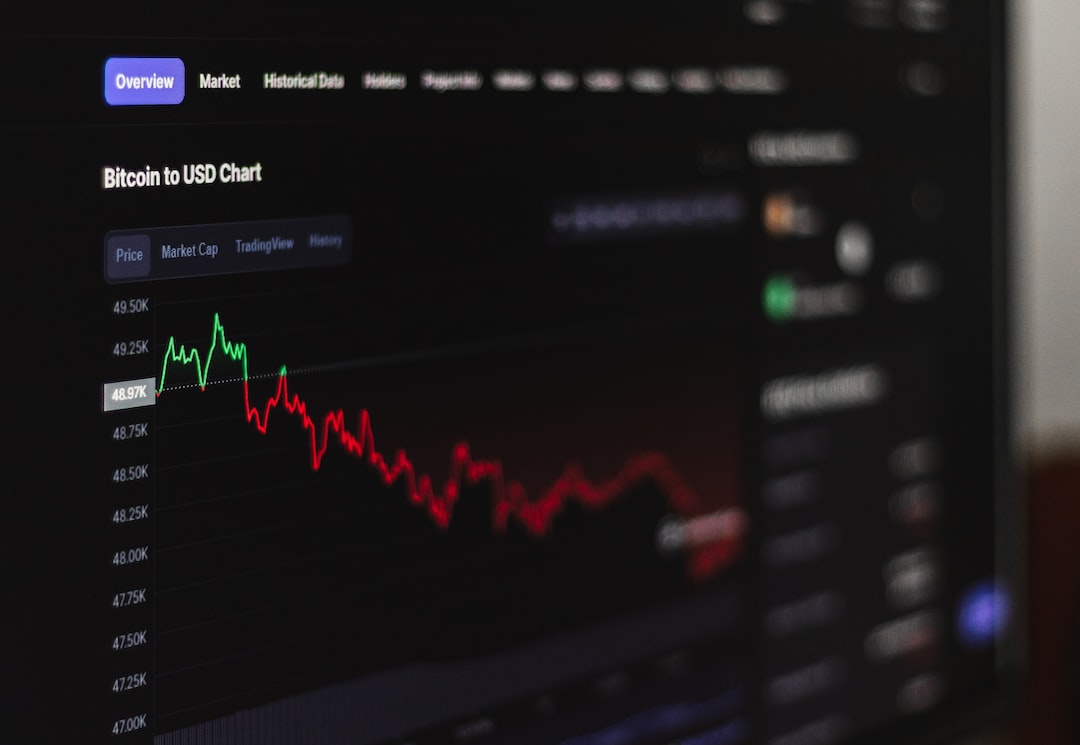Understanding the Mechanics of Forex Arbitrage Calculators
Forex arbitrage is a popular trading strategy that aims to take advantage of price discrepancies in the foreign exchange market. Traders who engage in arbitrage are essentially buying and selling currency pairs simultaneously in different markets to profit from the difference in prices. To execute such trades efficiently, traders often rely on forex arbitrage calculators. In this article, we will delve into the mechanics of these calculators and how they assist traders in maximizing their arbitrage opportunities.
What is Forex Arbitrage?
Before we dive into the intricacies of arbitrage calculators, let’s first understand the concept of forex arbitrage. Arbitrage refers to the practice of buying an asset in one market and simultaneously selling it in another market to make a profit from the price difference. In the forex market, this involves taking advantage of price discrepancies of currency pairs between different brokers or liquidity providers.
For example, let’s say a trader notices that EUR/USD is trading at 1.2000 with Broker A and 1.1990 with Broker B. The trader can buy EUR/USD from Broker B at the lower price and simultaneously sell it to Broker A at the higher price, making a profit of 10 pips per unit. This process is known as forex arbitrage.
The Role of Forex Arbitrage Calculators
While the concept of forex arbitrage may seem straightforward, executing trades manually can be time-consuming and prone to errors. This is where forex arbitrage calculators come into play. These calculators are specialized tools that help traders identify and calculate potential arbitrage opportunities quickly and accurately.
Arbitrage calculators typically work by scanning multiple brokers or liquidity providers in real-time, comparing the prices of currency pairs and calculating any potential price discrepancies. They display the potential profit or loss, taking into account factors such as transaction costs and slippage, which are crucial in determining the feasibility of an arbitrage opportunity.
Calculating Arbitrage Opportunities
To understand how arbitrage calculators work, let’s consider a hypothetical scenario. Suppose a trader is using an arbitrage calculator and notices the following prices:
EUR/USD – Broker A: 1.2000
EUR/USD – Broker B: 1.1990
EUR/USD – Broker C: 1.2005
The calculator would instantly identify the price discrepancy between Broker B and Broker C, which is 15 pips. It would then calculate the potential profit or loss based on the trader’s desired trade size, taking into account transaction costs and slippage.
Arbitrage calculators also consider other factors that may impact the success of an arbitrage trade. For instance, they may account for the time it takes for trades to be executed, as delays can erode potential profits. Additionally, calculators may factor in the volume and liquidity of the different brokers or liquidity providers to ensure that trades can be executed smoothly.
Limitations of Arbitrage Calculators
While arbitrage calculators can be powerful tools for identifying potential opportunities, it is important to note their limitations. The forex market is highly competitive, and price discrepancies may be short-lived or quickly corrected by market participants. Therefore, traders must act swiftly when an opportunity arises.
Moreover, arbitrage calculators do not guarantee profits. They provide traders with information on potential opportunities, but success ultimately depends on the trader’s ability to execute trades efficiently and effectively. Additionally, factors such as transaction costs, slippage, and liquidity constraints can significantly impact the profitability of arbitrage trades.
In Conclusion
Forex arbitrage calculators are valuable tools that assist traders in identifying and evaluating potential arbitrage opportunities in the foreign exchange market. By scanning multiple brokers or liquidity providers, these calculators enable traders to quickly spot price discrepancies and calculate potential profits or losses. However, it is important to understand the limitations of these calculators and the challenges associated with executing successful arbitrage trades. Traders should use them as aids in their decision-making process rather than relying solely on them for trading strategies.





